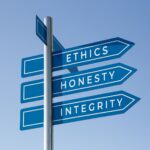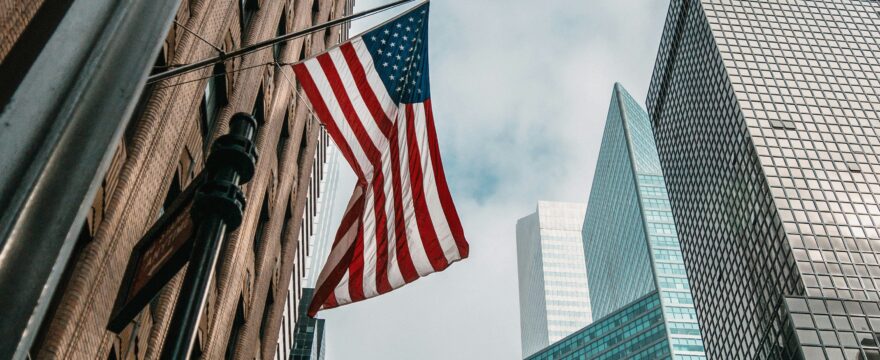Pursuing a legal career in New York presents an exciting new world of opportunity. However, understanding reciprocity rules and the related requirements is necessary if you practice in a different jurisdiction.
This guide can help you better understand the process and which states have Bar reciprocity agreements with New York.
What is Bar Admission Reciprocity?
Bar admission reciprocity enables legal professionals to seek admission in a jurisdiction where they have not taken the Bar Exam, essentially “waiving” in without examination. It is particularly advantageous for attorneys contemplating relocation for career opportunities.
For seasoned attorneys, admission on motion can be an option to practice in new jurisdictions based on their professional history.
How Does Reciprocity Work in New York?
Under Section 520.10, a lawyer can apply for admission on motion or Bar admission reciprocity. This policy hinges on several eligibility criteria.
Section 520.10 of the Rules of the Court of Appeals for the Admission of Attorneys and Counselors at Law permits admission on motion or reciprocity (without examination). The eligibility requirements of Court Rule 520.10 include but are not limited to graduation with a Juris Doctor degree from a law school that was approved by the ABA at all times during the period of the applicant’s attendance, admission to practice law in at least one reciprocal jurisdiction, and actual practice of law for five of the seven years preceding application to the New York bar.
Eligible Bar Reciprocity States for New York

A Bar admission reciprocity agreement must exist between legal jurisdictions. Current licenses from the following states are eligible for admission on motion.
States With Current Reciprocity Agreements
Bar Reciprocity States Not Eligible for Admission on Motion in New York:
- Alabama
- California
- Florida
- Hawaii
- Louisiana
- Nevada
How to Apply for Bar Reciprocity in New York
Attorneys aiming to expand their practice face a comprehensive process that requires attention to detail and adherence to procedural requirements. The journey begins with creating an NYBOLE Account and filling out the electronic Application for Certificate of Educational Compliance for admission on motion, ensuring one meets the necessary legal education criteria for admission to the New York State Bar without examination.
Upon completion, a $400 application fee to the State Board of Law Examiners is mandatory to start the process that facilitates an application review. Documentation is required, and applicants will receive a Law School Certificate of Graduation and ABA-Approval Form via email, which must then be completed by their law school and returned to the Board of Law Examiners.
Successful verification of educational qualifications under Rule 520.10 results in a Certificate of Educational Compliance. This document certifies the applicant to the appropriate Supreme Court, Appellate Division. The final steps include submitting the Application for Admission to the Bar, accessible through the official website, marking the culmination of one part of the application phase.
The timeline for this endeavor varies, often extending from a few months or less to over six months, contingent upon the complexity of the application and the volume of applications under review. Subsequent evaluation by the applicable Character and Fitness Committee may further extend this timeline, emphasizing the importance of thorough preparation throughout the Bar admission reciprocity process in New York.
Common Challenges and Solutions
Lawyers seeking to practice in Bar reciprocity states through admission on motion encounter several common obstacles that can impede their progress. The complexity of navigating varying requirements across jurisdictions often presents the initial challenge. Diligent research and meticulous documentation can demystify eligibility requirements for admission candidates.
The character and fitness review process necessitates transparency and honesty. However, don’t make the mistake of trying to go it alone if you have any concerns.
Seek guidance from a legal professional experienced in Bar admissions for critical insight into making the process as seamless as possible.
Final Thoughts
For prospective New York lawyers, Bar reciprocity in the United States can be instrumental in broadening their legal practice and fostering professional growth. For further information on the challenges related to seeking admission on motion, schedule a strategy session now to better understand exactly what is required in your specific circumstance.




